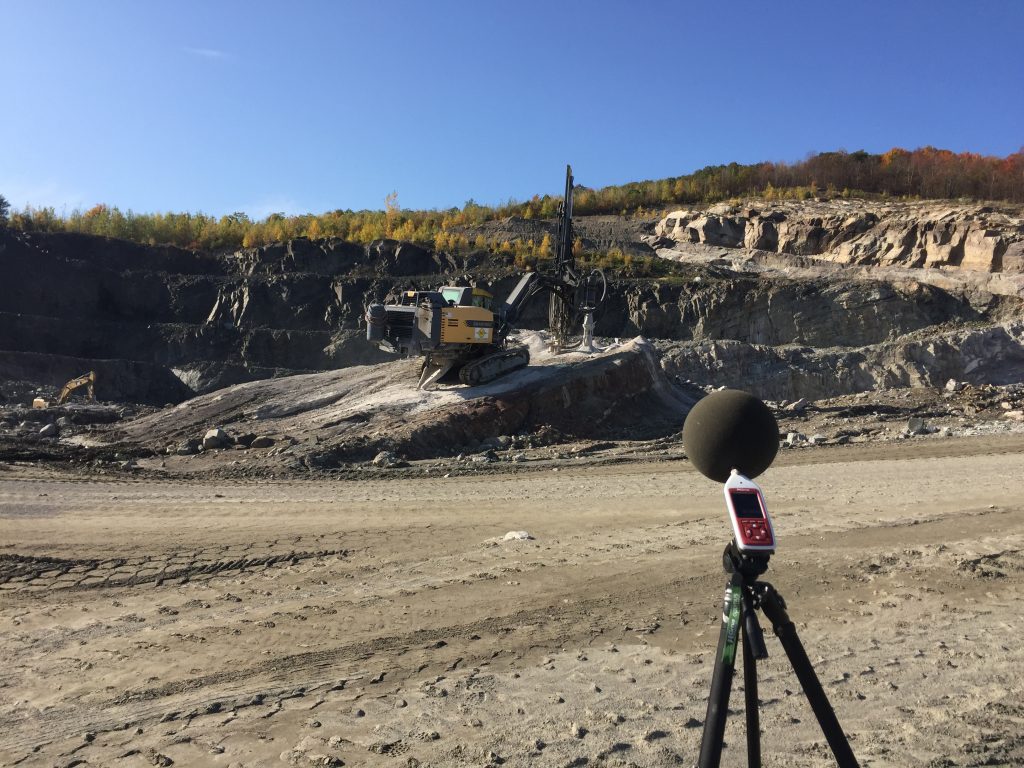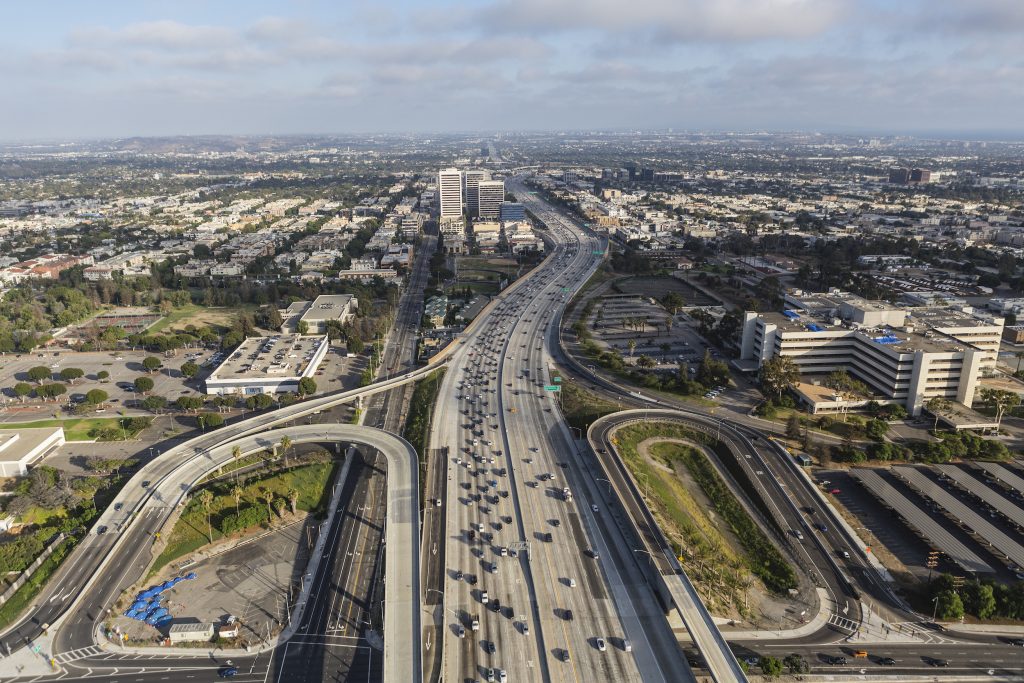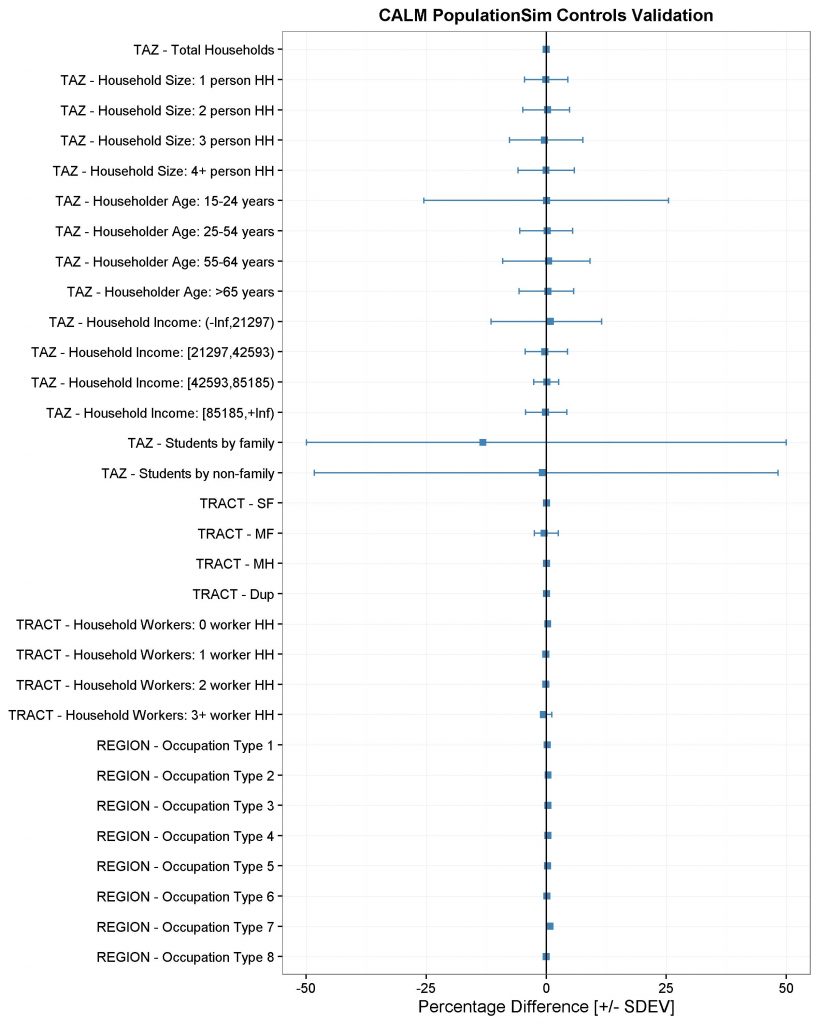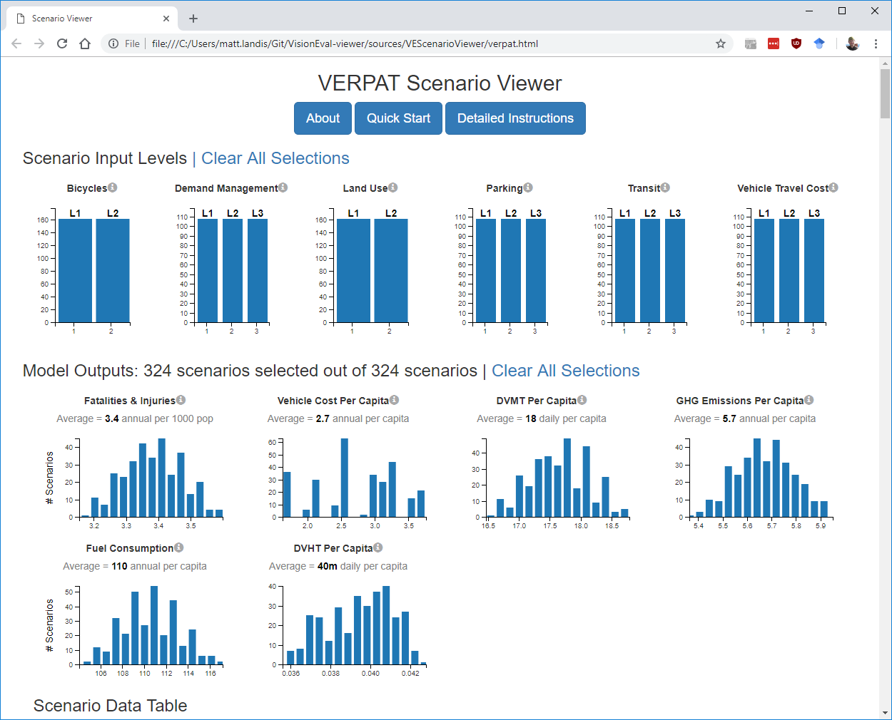Solar and Energy Storage Noise Assessment
Green Mountain Power developed a solar power project and energy storage facility in Milton, Vermont. They hired RSG to conduct a sound-level assessment of the proposed project in preparation for state permitting under the Public Utility Commission’s Section 248 process, Vermont’s permitting process for public utility projects. The assessment included sound-propagation modeling to project future…
Noise Assessment of Rock Quarry Operations
Oak Hill Mine is a wollastonite (a type of mineral) quarry in the Adirondacks in New York State. The mine sought to incorporate additional mineral processing equipment into their operation. RSG conducted a noise assessment in preparation for a permit amendment application to the Adirondack Park Agency (APA), which oversees public and private land use…
Postconstruction Noise Compliance Assessment
Pisgah Mountain Wind Farm is a five-turbine, nine-megawatt wind farm in a rural, mountainous area east of Bangor, Maine. RSG conducted a postconstruction compliance assessment to determine if the sound from the project was within the limits of the town ordinance. The ordinance had specified methods for sound monitoring and data analysis that required careful…
Vehicle Electrification
Coaxed by fuel economy regulations and disruptive innovators, established vehicle manufactures have been pushed to introduce alternative powertrains to their vehicle line-ups. Compared to conventional gasoline or diesel engines, hybrid, plug-in hybrid, full battery electric, hydrogen fuel cell, and compressed natural gas fueling options all present distinct advantages and compromises for both manufactures and consumers….
Caltrain Fare Study
In 2017, for the first time in over 15 years, Caltrain undertook a fare study to analyze its fare structure and develop recommendations for the Peninsula Corridor Joint Powers Board. The aim was to develop fare policy goals and help implement supportive policies. RSG conducted a survey and study of demand elasticity for Caltrain as part of the study. We designed the questionnaire to…
Logan Airport Ground Access and Trip Reduction Strategy Study
Many airports experienced record air passenger volumes in 2019 just prior to the COVID-19 pandemic. The rising popularity of air travel and ride-hailing apps both led to congested curb space and roads along with shifting revenue streams for airport operators. To address this curb congestion and meet statewide environmental regulation requirements, the Massachusetts Port Authority…
On-Call Modeling Consultant
Since 2012, RSG has served as an on-call contractor for task orders to enhance the San Diego Association of Government’s (SANDAG’s) activity-based model. These task work orders have included model calibration updates and implementation of Strategic Highway Research Program (SHRP2) C04 recommendations on pricing and reliability. Work has also included improving the model sensitivities for…
Indianapolis Regional Model Development and Calibration
The Indianapolis Metropolitan Planning Organization (MPO) sought RSG’s expertise to update their regional travel demand model. We are collaborating with the MPO on this update, whichwill leverage passively collected data (“big data”) from both smartphone and truck GPS data sources. The updated model network will better represent observed speeds from the National Performance Management Research Data Set, a national dataset of travel times. RSG will deliver to…
New Mexico Statewide Model Support
The New Mexico Department of Transportation (NMDOT) sought RSG’s expertise to update their statewide travel demand model. We are collaborating with NMDOT on this update to implement an incremental data-driven framework. This framework will leverage passively collected data (“big data”) from both smartphone and truck GPS data sources. This approach is increasingly popular at both the state and metropolitan level due to the wider availability of big data. Using this updated framework,…
Urban Air Mobility Demand Modeling & Network Optimization
Planning to begin an on-demand aerial ridesharing service, Uber partnered with RSG to develop demand forecasts for “Uber Air.” This futuristic concept is intended to alleviate ground congestion as cities become increasingly dense and sprawling. For Uber’s vision to move forward, credible estimates of ridership and traffic impacts were needed to determine infrastructure requirements and solidify partnerships with government regulators and aircraft design firms. RSG developed a mode–choice survey to understand how…
Population Synthesizer Development – PopulationSim
The Oregon Department of Transportation (ODOT) and its partner agencies chose RSG to develop a state-of-the-art standardized population synthesis program. This new tool, called PopulationSim, replaced multiple population synthesis tools being used throughout the state for urban, statewide, and strategic modeling. Unlike other population synthesis programs, PopulationSim handles multiple geographies and avoids algorithmic errors. In population synthesis tools, sequential zone…
SHRP2-C16 Software Enhancements for the Rapid Policy Assessment Tool – VisionEval
RSG was part of a team selected by the American Association of State Highway and Transportation Officials to help with the design, implementation, and management of VisionEval—a new framework for disaggregate strategic planning models. VisionEval is the result of cooperation between RSG, the Oregon Department of Transportation, and the Federal Highway Administration to reduce greenhouse…









